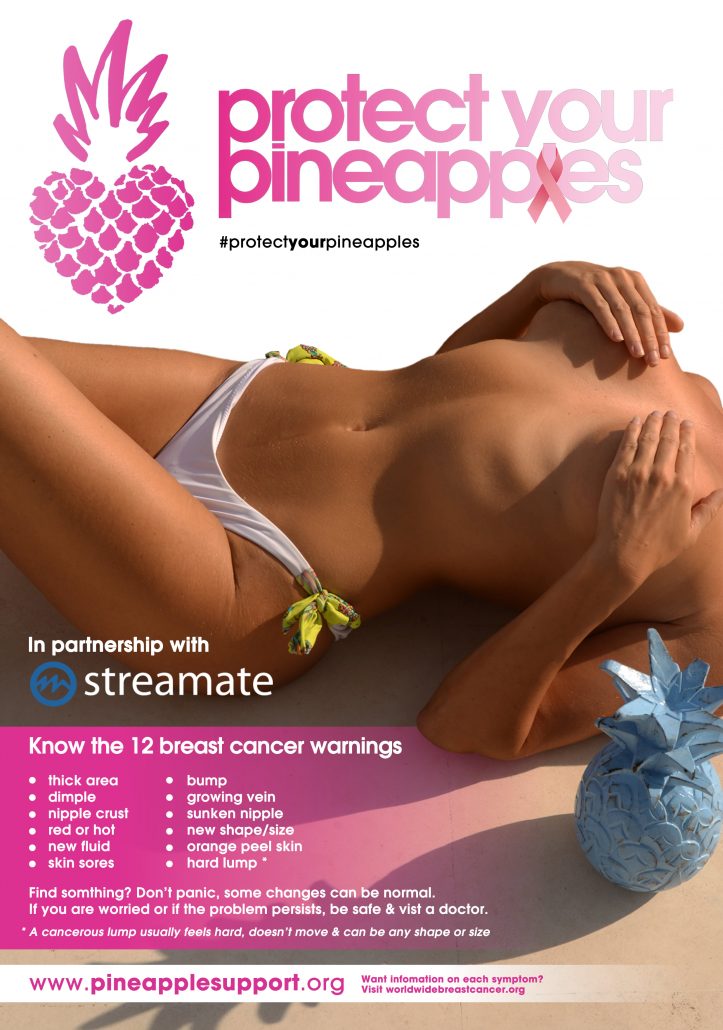Pineapple Support, Chaturbate Partner on ‘Malibu Wellness Retreat’
Pineapple Support will host a free daylong wellness retreat in Malibu, sponsored by Chaturbate, Monday, Jan. 10 from 10 a.m. to 6 p.m. (PST).
The event is described by a rep as “perfect relax-and-reset experience to balance your body and mind after the excitement of the XBIZ Show, X3 and the XBIZ Awards. Unplug from your busy daily life and recalibrate the mind and body for a day of relaxation surrounded by nature at our exclusive Malibu wellness retreat.”
A schedule of activities designed to help attendees unwind includes breathwork, yoga, a sexual wellness seminar, massage, tarot, facials and a sunset sound bath.
Free transport from the Kimpton Everly Hotel, site of the XBIZ Show, to the location will be provided along with a free welcome smoothie.
“Chaturbate is happy to be the exclusive sponsor of Pineapple Support’s Malibu Wellness Retreat,” COO Shirley Lara said. “The overall health and wellness of the Chaturbate community, including mental, physical and sexual health, is extremely important to the our team. The Malibu Wellness Retreat is the perfect opportunity to take a step back and refocus yourself and your overall health for a successful year.”
Pineapple Support, founded by Leya Tanit in 2018, has so far connected over 5,000 adult performers and industry members to mental health services, including free and low-cost therapy, counseling and emotional support.
“Thanks to the generosity of Chaturbate, our sponsor for this retreat, we’ve created the perfect experience to relax, reset and balance,” Tanit said. “We’re so excited to invite you to our exclusive Malibu Wellness Retreat for the chance to really unplug from busy, daily life and reconnect with yourself, all while surrounded by nature.”
Click here for additional details and to register; space is limited.
Pineapple Support is a 501(c)(3) tax-exempt organization in the United States; click here for sponsorship details and follow the group on Twitter.
Leya Tanit’s personal journey, including the founding of Pineapple Support, was the cover story for the November issue of XBIZ World; click here to read it.





